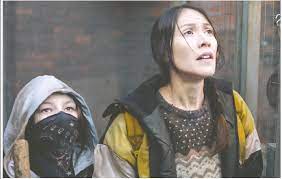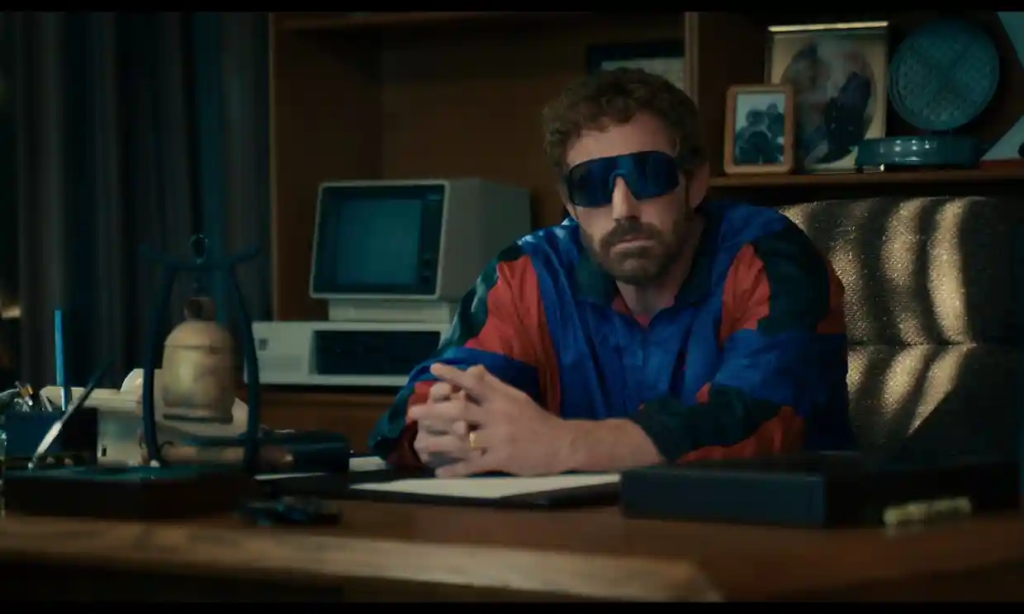This Romanian documentary gained Oscar nominations and awards all over the world and is a bit horrifying in the way it depicts the effects of largely political corruption. The name comes from the name of a disco in Bucharest where there was a tragic fire in 2015 with 26 victims on-site and 38 subsequently. The fire itself and the use of pyrotechnics inside a building resulted in protests that eventually brought down a government but this film focuses on the 38 who died in hospitals. Despite the government insisting that Romania could cope, too few victims were transferred abroad for treatment and many of those who died did so from bacterial infections caught in hospital and not from their burns.
Here we follow 3 journalists from a Sports newspaper of all things who start to investigate the causes of these deaths. Initially, the blame is placed on watered down disinfectant sold to many of the hospitals by a company that seems to have bribed the officials. Apart from delivering disinfectant 10% of the strength it should be, apparently the hospitals diluted it further. Hence the scenes of maggots on agonizing patients who are actually in hospital.
Then whistle blowers emerge from the hospital system revealing kickbacks and theft on massive scale by managers and bosses appointed politically and completely inept for running such institutions.
Into this comes a new Minister of Health, Vlad Voiculescu, a young politician who has been part of a patient activist group. He is determined to be transparent and make things right and is lucky to be in a technocrat`s government (that which took over government. So, he has some room for maneuver and invites director Alexander Nanau to follow him around.
We get to see some amazing meetings in which more and more drastic revelations about the corruption and negligence in the system emerge and some scenes in press conferences where he cannot give the public the answers they want because the system is rotten, doctors and all. We also get spliced into the mix, the story of one survivor of the fire who suffered burns to her body and lost part of her hand and how she allows herself to be photographed for art and how her process of curation is slowly progressing.
The heat on the corrupt politicians makes them fight back attacking Voiculescu wherever possible and a sombre ending is when the public in the new elections vote the former corrupt government back into power pretty massively. Our journalistic team start getting threats to their lives.
Nanau directs all this like an action movie. The pace is quick and sometimes you have to watch carefully to keep up. Between this pace and the horrors revealed, you never lose interest.
So, a very competent film with few apparent tricks – just telling it like it is. One clear message is the need for good journalism that as the cliché goes – speaks truth to power.
Another is the need for independent judiciaries and legal processes that can really put limits on political decisions which are merely benefiting a few.
We understand not much has changed in Romania (several hospital fires during the pandemic) and one cannot be optimistic for the future. Yes, there is greater public awareness but this is not compelling politicians to change their behaviour. Worst of all is the fact that this could be happening in the US, Argentina or other parts of Europe. In a world with a UN Declaration of Human Rights, with the money to make life better for everyone have we got to a place where the opposite is happening and seemingly condoned by so many. Something to reflect and act on!
4 stars 2 plusses.











































































